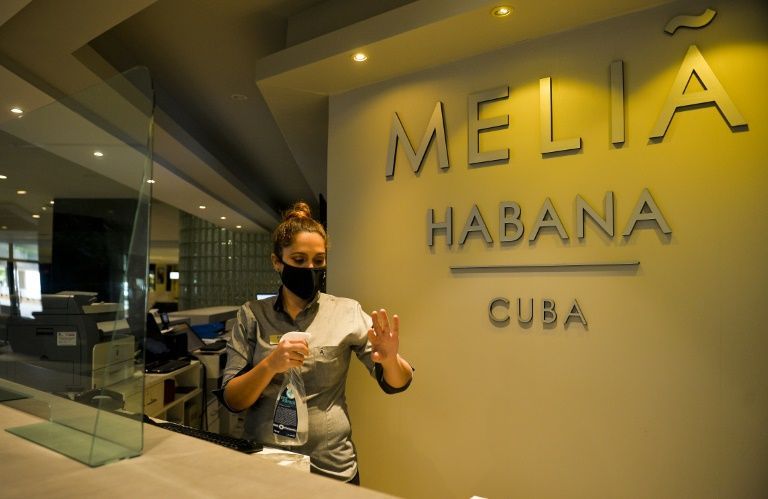After experiencing shut down for eight months, Cuba is now set to reopen its doors to foreign tourists. However, the country facing an extreme shortage of money is finding it to be an uphill task to woo back cautious travelers.
Tourism chiefs are banking on the track record of the island of keeping a check on the virus to win holidaymakers back.
“This is a major challenge,” said Francisco Camps, deputy general manager of Melia, a Spanish hotel chain that at present is working in only 10 of its 34 locations in Cuba.
The industry is holding its hopes for the upcoming high season starting from November till April on the capital Havana, the main tourist draw of the country, which opened its international airport last weekend. The UNESCO World Heritage city allures thousands of visitors every year with its old-fashioned Caribbean charm.
“Havana is important because it has regular flights, which allows connections with Europe,” says Camps. “It also allows a flow of visitors who do not only come to see the city but also do tours” — bringing more tourist dollars than meager beachgoers.
The rest of the six international airports of Cuba have reopened in October to charter flights.
Last year, tourism was worth $2.6 billion to Cuba. Denied that revenue in 2020, Cuba had to reduce imports drastically— the source of 80 percent of its food.
The queues outside supermarkets are getting longer all over the island, with shortages of coffee, milk and even toilet paper increasingly common.
“The shortages we are experiencing are quite significant — I think it’s the worst since the 1990s,” said economist Ricardo Torres of the University of Havana.
Tags: Cuba
